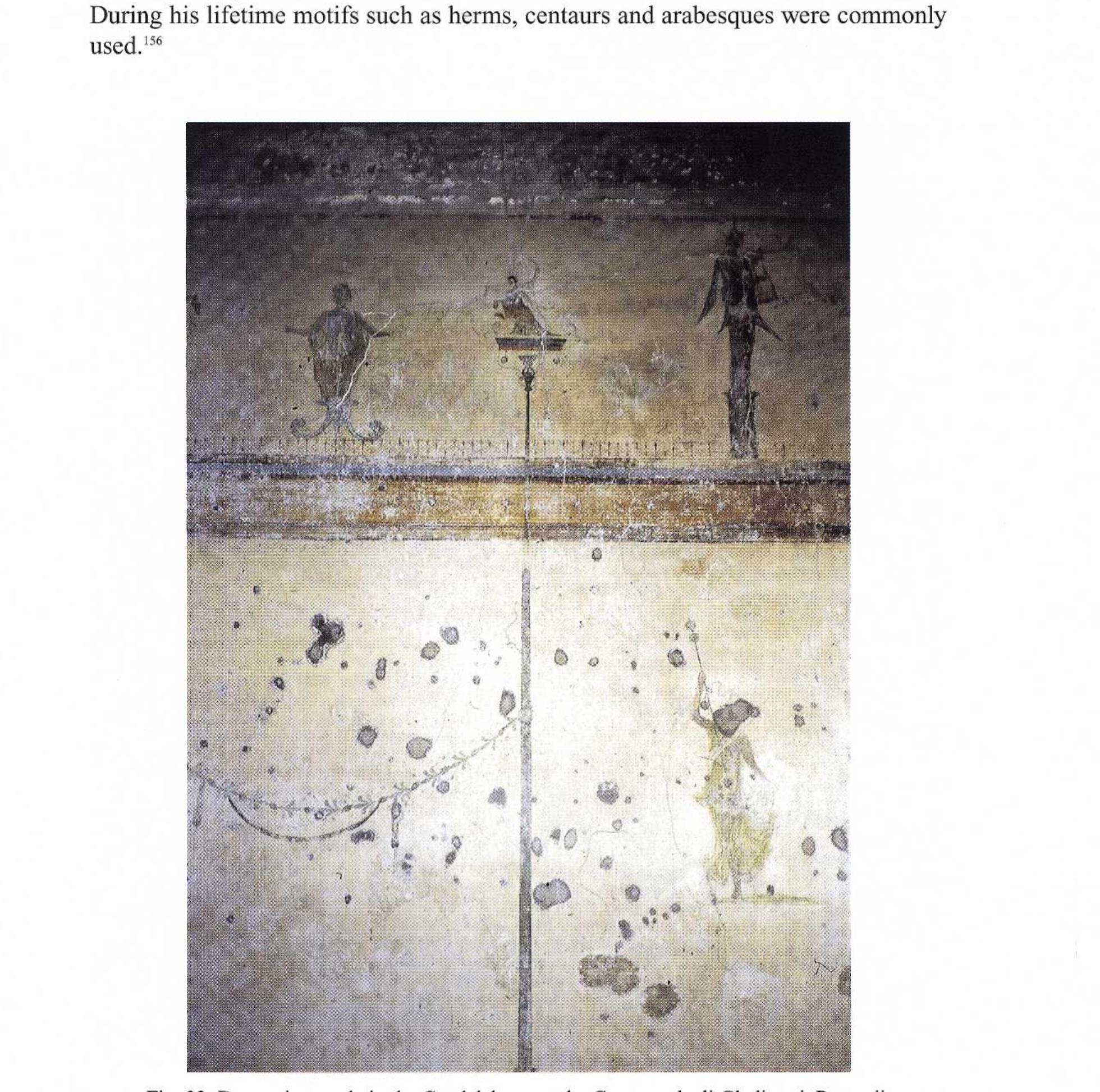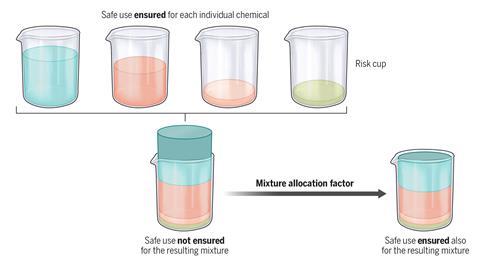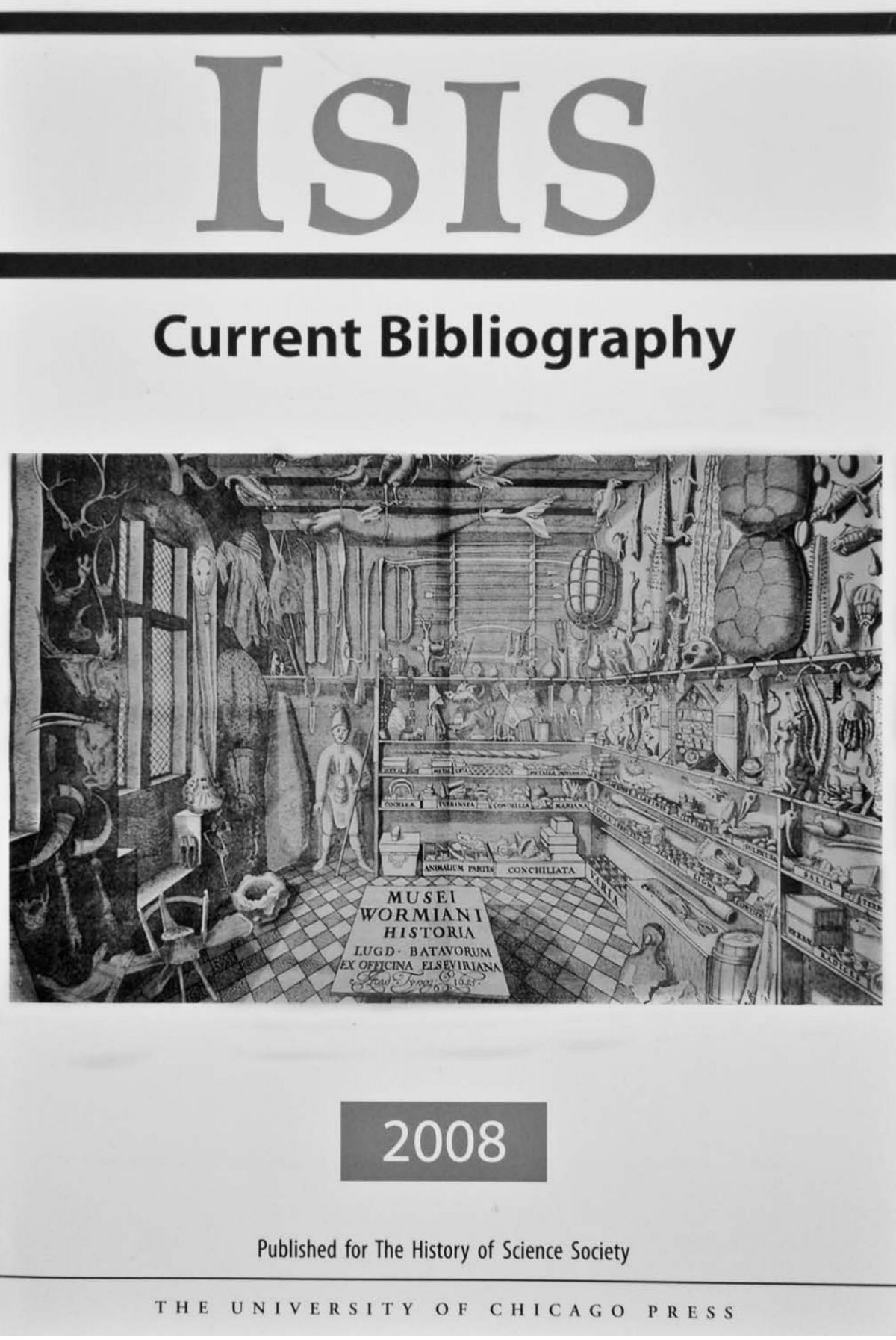While Tamás Kriváchy was working toward the publication of one of his papers, he discovered that a reference he had included was incorrect. Upon further investigation, Kriváchy, a physicist with the Barcelona Institute of Science and Technology, found that he had provided the journal with a faulty reference. This was particularly alarming as it involved […]
Read More








